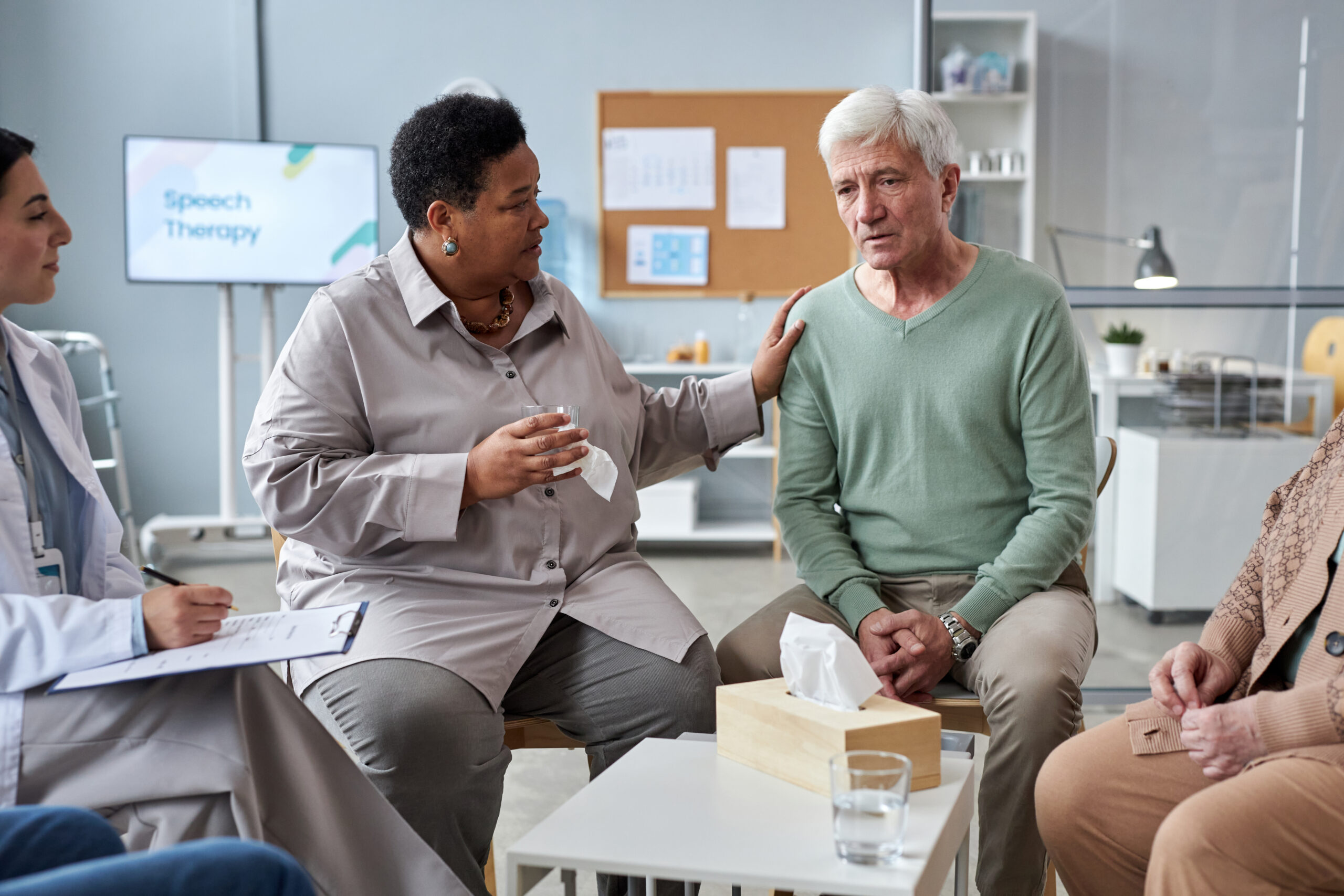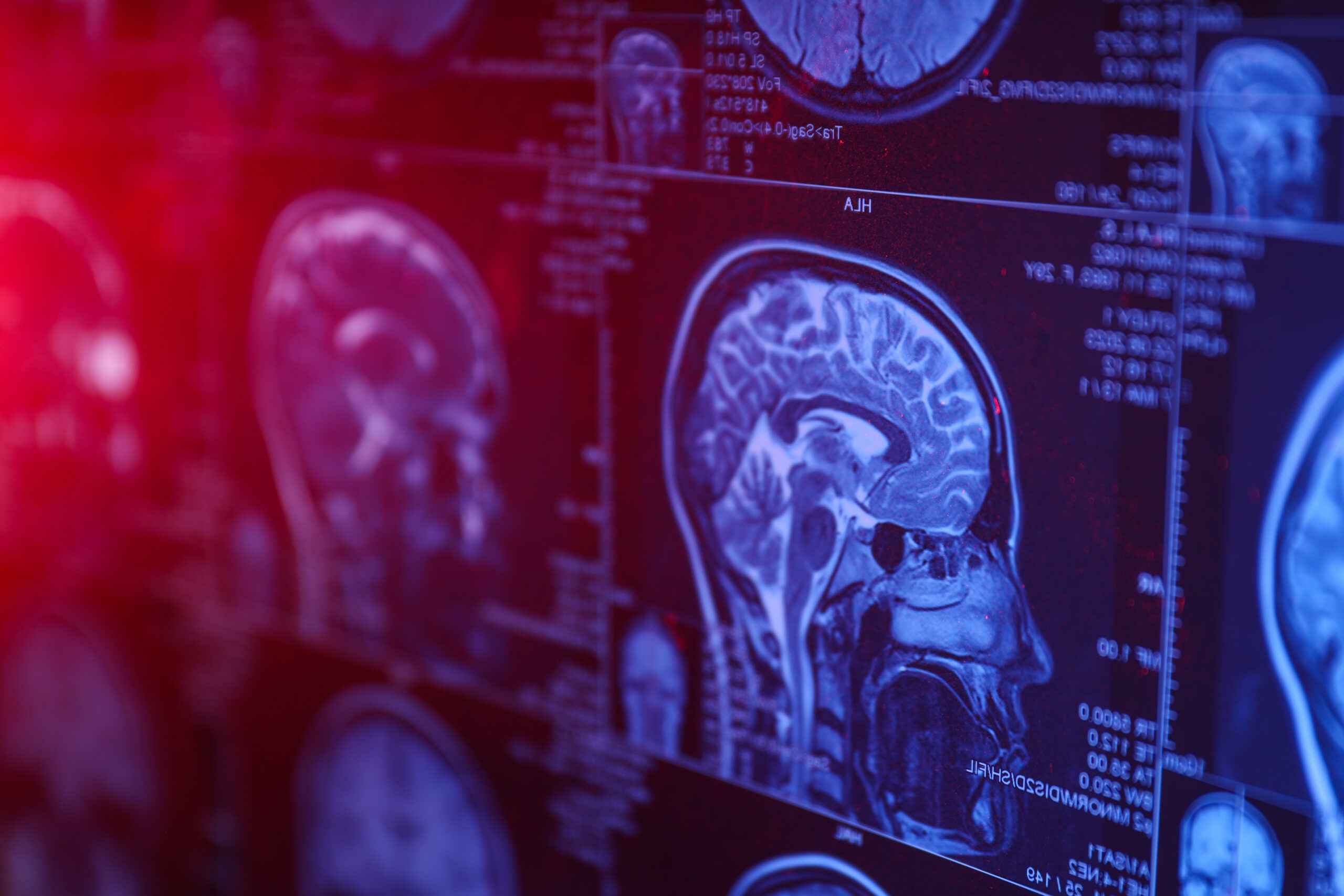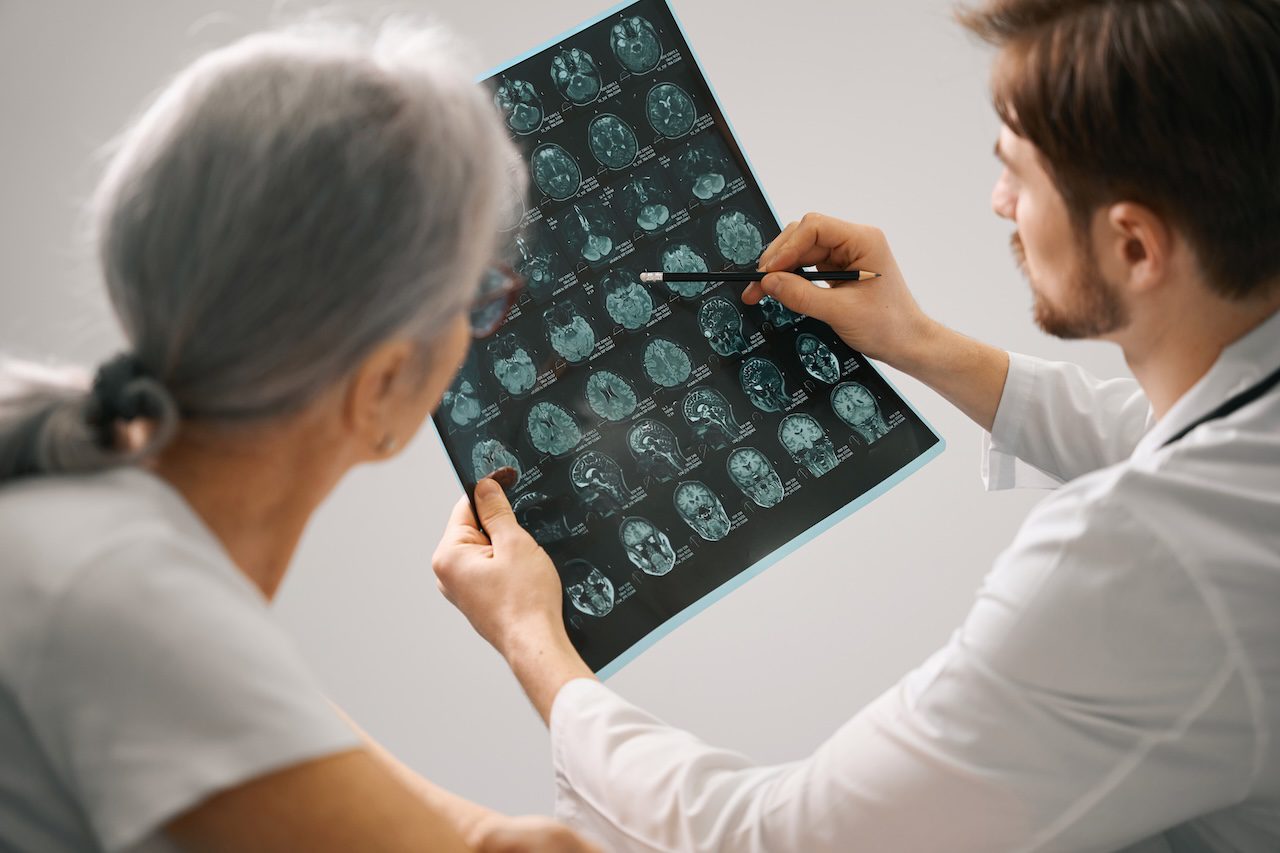HELPLINE
(646) 744-2900- Get Help
- Alzheimer's & Dementia
- Programs & Services
- Programs & Services
- Care Partner/Family Support
- Early-Stage & Engagement Services
- Professional Development & Webinars
- Learn About Clinical & Research Trials
- Request CaringKind Presence
- Clinical & Research Trials
- Community & Partner Resources
- Palliative and Residential Care Program
- Caregiver Champion
- Refer a Client
- Learning Hub
- Early Stage & Engagement
- Connect2Living
- Athletes
Search Our Site
Try searching for topics like "support groups", "education", or "care planning"


















